Filter by
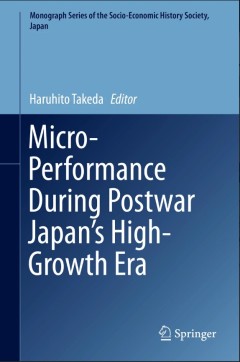
Micro-Performance During Postwar Japan’s High-Growth Era
The aim of this book is to analyze Japan's high-growth economy, in particular to clarify the kinds of changes in people’s lives that were generated by high growth. The present volume focuses not on the macro-economic mechanisms that expanded the scale of the economy, but on the micro-economic changes that were effected in everyday life. The emergence of a mass consumption society as a result …
- Edition
- 1
- ISBN/ISSN
- 978-981-10-0708-8
- Collation
- XII, 160
- Series Title
- Monograph Series of the Socio-Economic History Society, Japan
- Call Number
- -

Electrochemistry in a Divided World Innovations in Eastern Europe in the 20t…
In this collection of interrelated essays, the authors review landmark developments in electrochemistry building on biographic material and personal insight. The book facilitates understanding of the innate pathways of developments in electrochemical science as a result of lucky circumstances fitting to objective conditions. Thus the book will help to understand the present state of electrochem…
- Edition
- 1
- ISBN/ISSN
- 978-3-319-21221-0
- Collation
- 193 b/w illustrations, 74 illustrations in colour
- Series Title
- -
- Call Number
- -
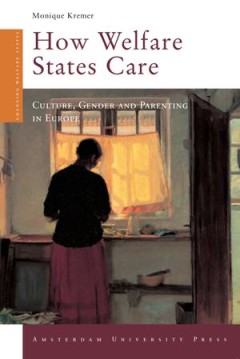
How Welfare States Care
A social revolution has taken place in Europe. Women's employment patterns changed drastically the last decades. But they are still different across Europe. Welfare state scholars often presume that diversity and change in women's employment across Europe is based on financial (dis) incentive structures embedded in welfare states. This book shows, by in depth analyses of women's (and men's) emp…
- Edition
- -
- ISBN/ISSN
- 9789053569757
- Collation
- -
- Series Title
- -
- Call Number
- -
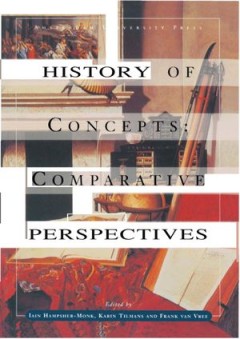
History of Concepts
Although vastly influential in German-speaking Europe, conceptual history (Begriffsgeschichte) has until now received little attention in English. This genre of intellectual history differs from both the French history of mentalités and the Anglophone history of discourses by positing the concept - the key occupier of significant syntactical space - as the object of historical investigation. C…
- Edition
- -
- ISBN/ISSN
- 9789053563069
- Collation
- -
- Series Title
- -
- Call Number
- -
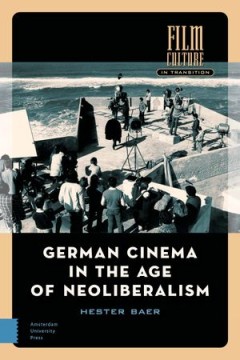
German Cinema in the Age of Neoliberalism
This book presents a new history of German film from 1980-2010, a period that witnessed rapid transformations, including intensified globalization, a restructured world economy, geopolitical realignment, and technological change, all of which have affected cinema in fundamental ways. Rethinking the conventional periodization of German film history, Baer posits 1980-rather than 1989-as a crucial…
- Edition
- -
- ISBN/ISSN
- 9789048551958
- Collation
- -
- Series Title
- -
- Call Number
- -
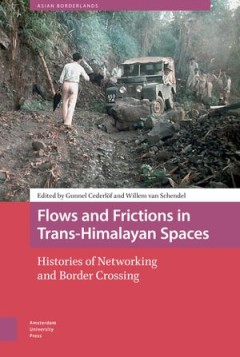
Flows and Frictions in Trans-Himalayan Spaces Histories of Networking and Bo…
Flows and Frictions in Trans-Himalayan Spaces traces movements and connections in a region known for its formidable obstacles to mobility. Eight original essays and a conceptual introduction engage with questions of networks and interconnection between people across a bordered landscape. Mobility among the extremely varied ecologies of south-western China, Myanmar and north-eastern India, with …
- Edition
- -
- ISBN/ISSN
- 9789048555581
- Collation
- -
- Series Title
- -
- Call Number
- -
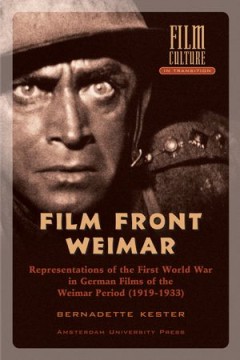
Film Front Weimar
This first book-length study shows how Germany tried to reconcile the horrendous experiences of the FirstWorld War through the films made in 1919-1933. Drawing on the analysis of twenty-five such films, and covering a wide range of documentaries as well as feature films on the reasons for the outbreak of the war, life at the front,war at sea and the home front, the author sketches out the histo…
- Edition
- -
- ISBN/ISSN
- 9789053565988
- Collation
- -
- Series Title
- -
- Call Number
- -
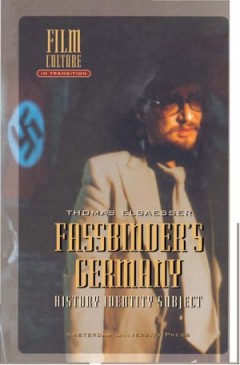
Fassbinder's Germany
Rainer Werner Fassbinder is one of the most prominent and important authors of post-war European cinema. Thomas Elsaesser is the first to write a thoroughly analytical study of his work. He stresses the importance of a closer understanding of Fassbinder's career through a re-reading of his films as textual entities. Approaching the work from different thematic and analytical perspectives, Elsae…
- Edition
- -
- ISBN/ISSN
- 9789053560594
- Collation
- -
- Series Title
- -
- Call Number
- -
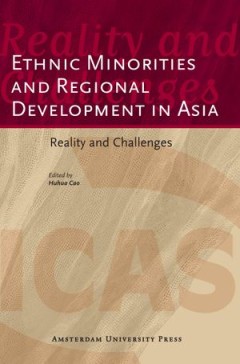
Ethnic Minorities and Regional Development in Asia
The development experience in the world over the last century has shown that economic growth cannot be sustained without taking into consideration the social and political development of vulnerable populations, including greater recognition of minority rights. Within this context, the objective of this book is initially to support the interdisciplinary discussion that aims to join studies that …
- Edition
- -
- ISBN/ISSN
- 9789089640918
- Collation
- -
- Series Title
- -
- Call Number
- -
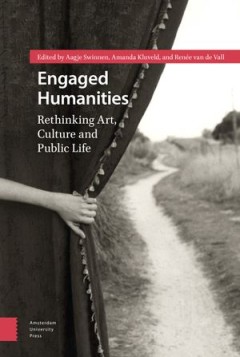
Engaged Humanities Rethinking Art, Culture, and Public Life
What is the role of the humanities at the start of 21st century? In the last few decades, the various disciplines of the humanities (history, linguistics, literary studies, art history, media studies) have encountered a broad range of challenges, related to the future of print culture, to shifts in funding strategies, and to the changing contours of culture and society. Several publications hav…
- Edition
- -
- ISBN/ISSN
- 9789048550401
- Collation
- -
- Series Title
- -
- Call Number
- -
 Computer Science, Information & General Works
Computer Science, Information & General Works  Philosophy & Psychology
Philosophy & Psychology  Religion
Religion  Social Sciences
Social Sciences  Language
Language  Pure Science
Pure Science  Applied Sciences
Applied Sciences  Art & Recreation
Art & Recreation  Literature
Literature  History & Geography
History & Geography